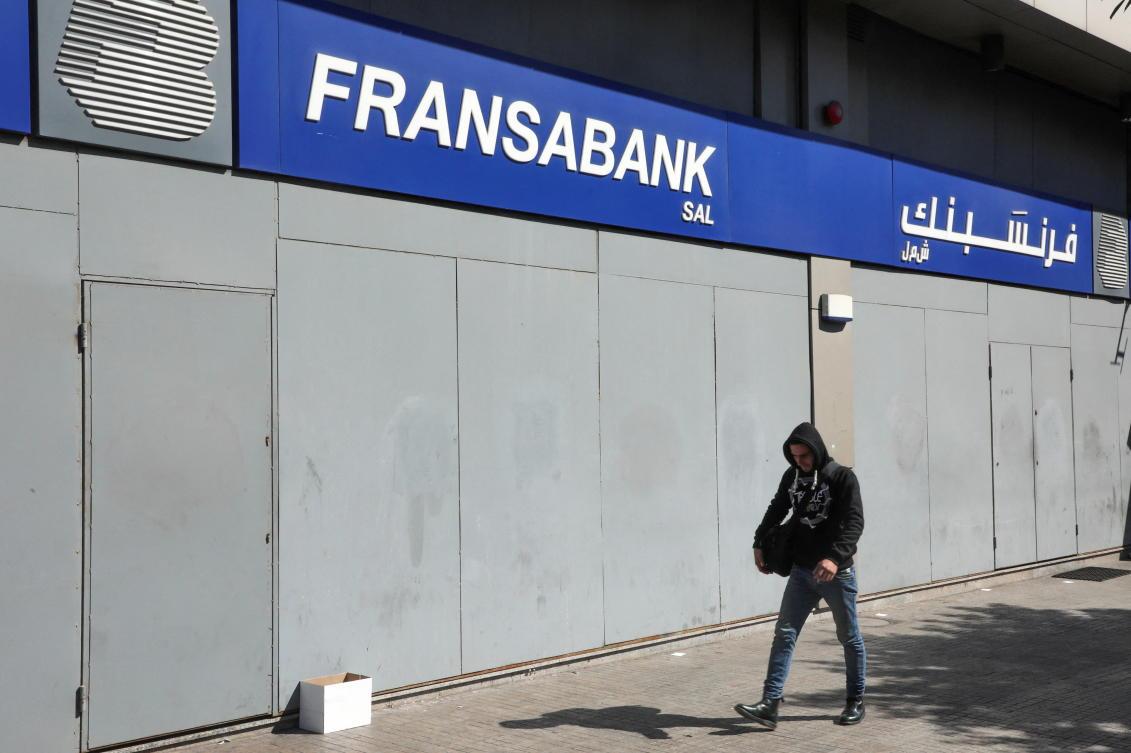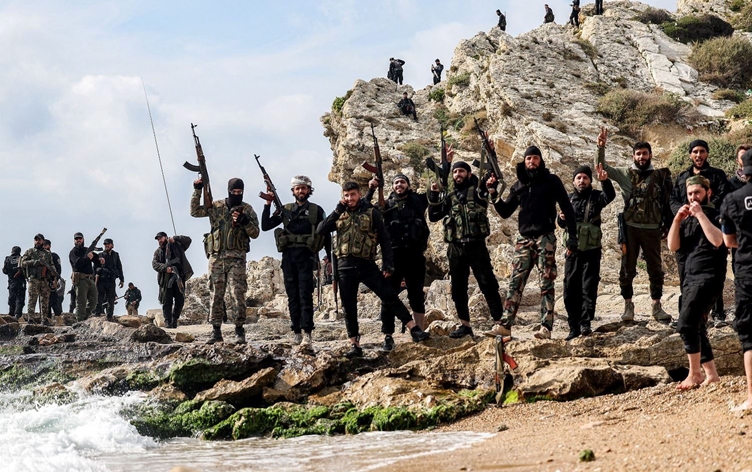
The Central Bank of Lebanon, the competent authority in this matter, is required to intervene immediately to protect the banks to enable them to continue to serve the local economy.
By Mohammad Ibrahim Fheili
Two weeks ago (March 15) Lebanese Judge Mariana Anani issued a court decision to enforce the executive seizure of all shares, real estate, and assets of Fransabank s.a.l. its branches and that of sister companies in all of Lebanon. A decision anticipating selling them in the public auction if the bank does not comply and immediately pays the full deposit amount of client Ayad Ibrahim.
Judge Anani did not take into account the exceptional and extraordinary circumstances experienced by the banking sector in Lebanon since the end of 2019. The disorderly default in March of 2020 added insults to injuries.
This crisis affected all depositors of all banks operating in Lebanon and did not spare anyone. Logic has it, whoever commits murder is a murderer, but he/she may obtain a verdict of acquittal if the circumstances of the murder are self-defense.
The dire circumstances faced by banks, due to the failure of the corrupt and incompetent political class ruling Lebanon, prompted them (banks) to set controls on cash withdrawals and transfers outside Lebanon. The alternative would’ve been to completely dry banks of their much-needed liquidity to fairly serve everyone.
The banks have always moved swiftly to comply with the circulars issued by the monetary authority, and it is not a secret that these circulars are in conformity with the Code of Money & Credit and the Contracts & Obligations Law; thus, one can conclude that banks have not been performing in complete violation of the law, of course, including Fransabank.
The financial institution which is today in the eye of the storm. Therefore, justice is served when it rules in fairness to all depositors, not just those who can file lawsuits in the courts of law in Lebanon and/or abroad.
Moreover, societal justice is by creating the legal and political climate so that the banking sector, not necessarily a given bank, can return to some kind of normal and deploy its resources (what’s left of them) to serve the local economy.
Nevertheless, if the legal system ruled wrongfully, this does not necessarily mean that the bank reacted appropriately! The reaction of the management of Fransabank was, although necessary to send a message of resentment to the unjust judicial decisions, retaliatory.
Restoring the rights of depositors requires a complete rescue plan and structural reforms that restore confidence in the state and its institutions, and the private sector and its various sectors. However, the timing and means of communicating the decision of the management of Fransabank left the impression that it was pure vengeance; and, therefore, it would not and did not serve its intended purpose.
Fransabank's decision implicated all banks operating in Lebanon in its repercussions, which increased the problems of the banking sector, especially with its clients, and additional negative effects on its reputation. It simply added insults to injuries.
It would have been better for the Fransabank administration to put the Banque du Liban under a fait accompli and leave the decision to close or pay the deposit to the Higher Banking Council, which is effectively the competent authority.
All commercial banks in Lebanon operate under the umbrella of the Banque du Liban, and the decision to close a bank and stop serving customers is subject to a well-defined approval process; the approval is granted if there are compelling reasons for that. When a decision is issued by the court of law against a bank, it must be forwarded to the Special Investigation Commission (a branch of the financial regulatory authority, the Financial Intelligence Unit - FIU - of Lebanon), and from there to the Central Council of the Banque du Liban, and to the Higher Banking Council (HBC) that holds the capacity for the final ruling to act with the decision taken by the court of law or not.
So much importance is given to the issue of shutting down a bank because of the economic implications of such a decision. To close a bank means that Fransabank will no longer be able to perform banking transactions regardless of:
• the nature of the account (old and new, in whatever currency) - or the date of its formation, or
• the importance of the banking service being requested (paying salaries, transferring from a fresh dollar account to a student outside Lebanon, or transferring abroad to pay the bill for importing necessary foodstuffs, etc.), or complying with the provisions of the circulars of the Banque du Liban in terms of benefiting from the provisions of circulars 150, 151 and 158 and 161.
• Amongst other services related to correspondent banks, with a potential risk leading to a complete de-risking of banks in Lebanon by correspondent banks.
The disruption caused by the judiciary system cannot be rectified by it! The statements issued by the management of Fransabank or the Association of Banks in Lebanon (ABL), which called upon judge Anani to reverse her decision, indicate that both have lost direction.
A court decision to close a bank must come from competent authority - Banque du Liban. For this reason, ABL and Fransabank must ask the Central Bank to move swiftly and act immediately, to reopen the branches of Fransabank for service.
Turning off the engines of Lebanon’s financial institutions means halting the provision of liquidity necessary for Lebanese households and businesses to sustain a living. This is essential now more than ever to keep the country’s economic engine running.






